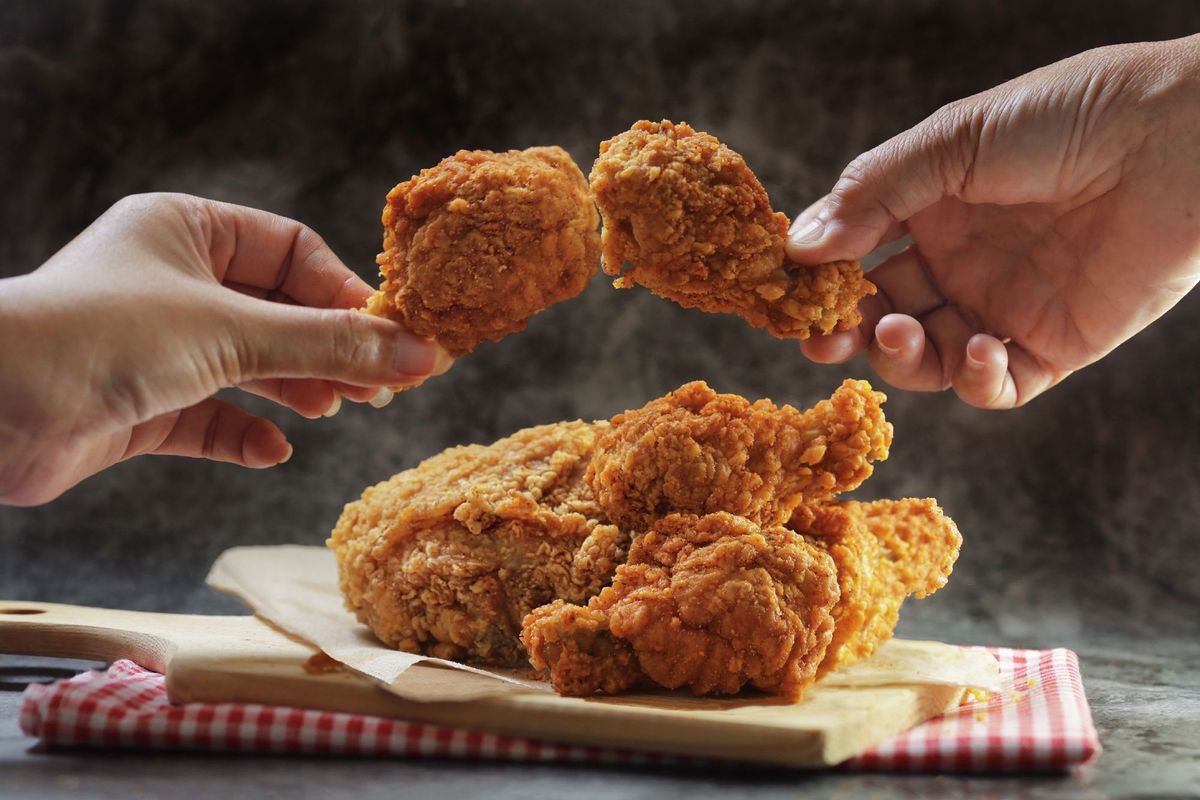When it comes to building muscle, your kitchen plays a pivotal role. All those hours spent at the gym deserve to yield visible results, right? As it turns out, your dietary choices can either accelerate or impede your progress. There are certain foods you should steer clear of if you're aiming for muscle gains.
According to Jordan Hill, MCD, RD, CSSD, a dietitian affiliated with Top Nutrition Coaching, "Your diet plays a crucial role in supporting muscle growth because the nutrients you consume provide the building blocks and energy necessary for the development and repair of muscle tissue. Some foods can actively promote muscle growth, while others can act as obstacles." For instance, high-quality protein, carbohydrates, and healthy fats can all be allies in the quest for muscle growth and maintenance. Sufficient protein intake initiates muscle protein synthesis, a process vital for repairing and building new muscle fibers. Carbohydrates, particularly post-workout, stimulate the release of insulin, a hormone that aids muscle building and transports carbohydrates into muscles to replenish glycogen stores. Hill adds, "The combination of carbohydrates with protein also helps reduce cortisol, a hormone that contributes to muscle breakdown, which is beneficial for preserving existing muscle mass." Furthermore, unsaturated fats play a pivotal role in hormone production, including testosterone, which is essential for muscle growth.
On the flip side, certain nutrients—specifically saturated fats, trans fats, and added sugars—can obstruct muscle growth. They trigger inflammation, which disrupts muscle recovery and growth, and they can also negatively impact insulin sensitivity, a crucial factor for the uptake of nutrients by muscle cells, as explained by Hill.
Below, you'll find a list of the most common foods that contain these troublesome elements, often referred to as the worst foods for your muscles. A quick disclaimer: These foods can still be incorporated into a balanced diet that supports muscle growth and overall health. Hill advises, "It's primarily when these items are consumed excessively and are not part of a well-rounded and varied diet that they can impede muscle growth and overall health."
1) Fatty Cold Cuts
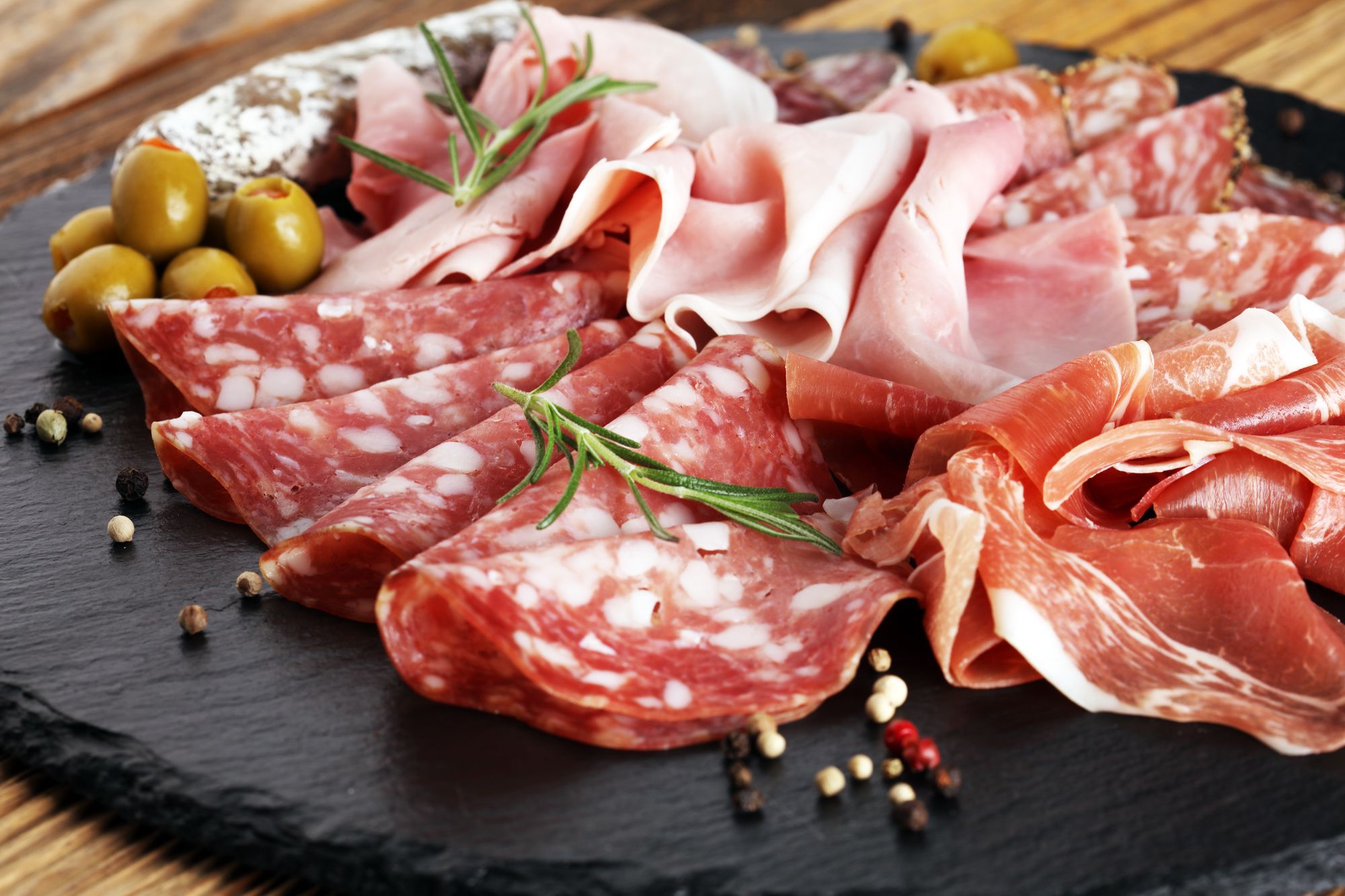
While convenient, cold cuts made from fatty pork can be detrimental. These are loaded with saturated fats, which may impede muscle function. A 2020 study in Clinical Nutrition discovered a link between excessive saturated fat consumption, particularly from fatty cold cuts, and lower-extremity functional impairment. Instead of piling your sandwich with ham and cheese, opt for leaner choices like fresh chicken or turkey breast, and pair it with a side salad or roasted vegetables.
2) Frozen Pizza
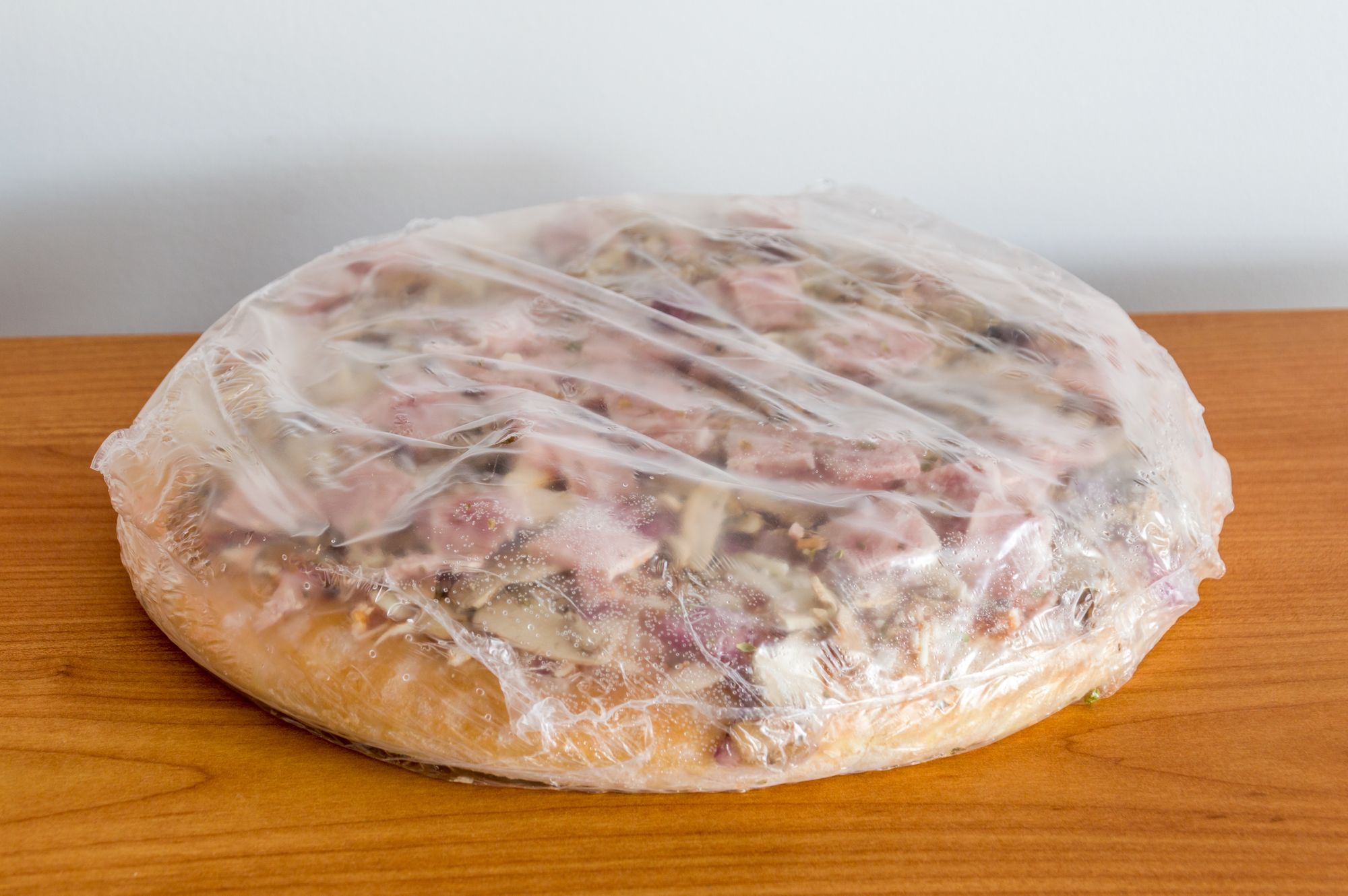
One slice of frozen pizza can pack around nine grams of saturated fat, nearly half of your daily recommended intake. And let's be honest, it's rare to stop at just one slice. Excessive saturated fat intake can trigger inflammation, which can hinder post-workout recovery and muscle growth. Additionally, many frozen pizzas are high in added sugars, mainly from the sauce, which isn't ideal for building lean muscle.
3) Sweetened Coffee Drinks
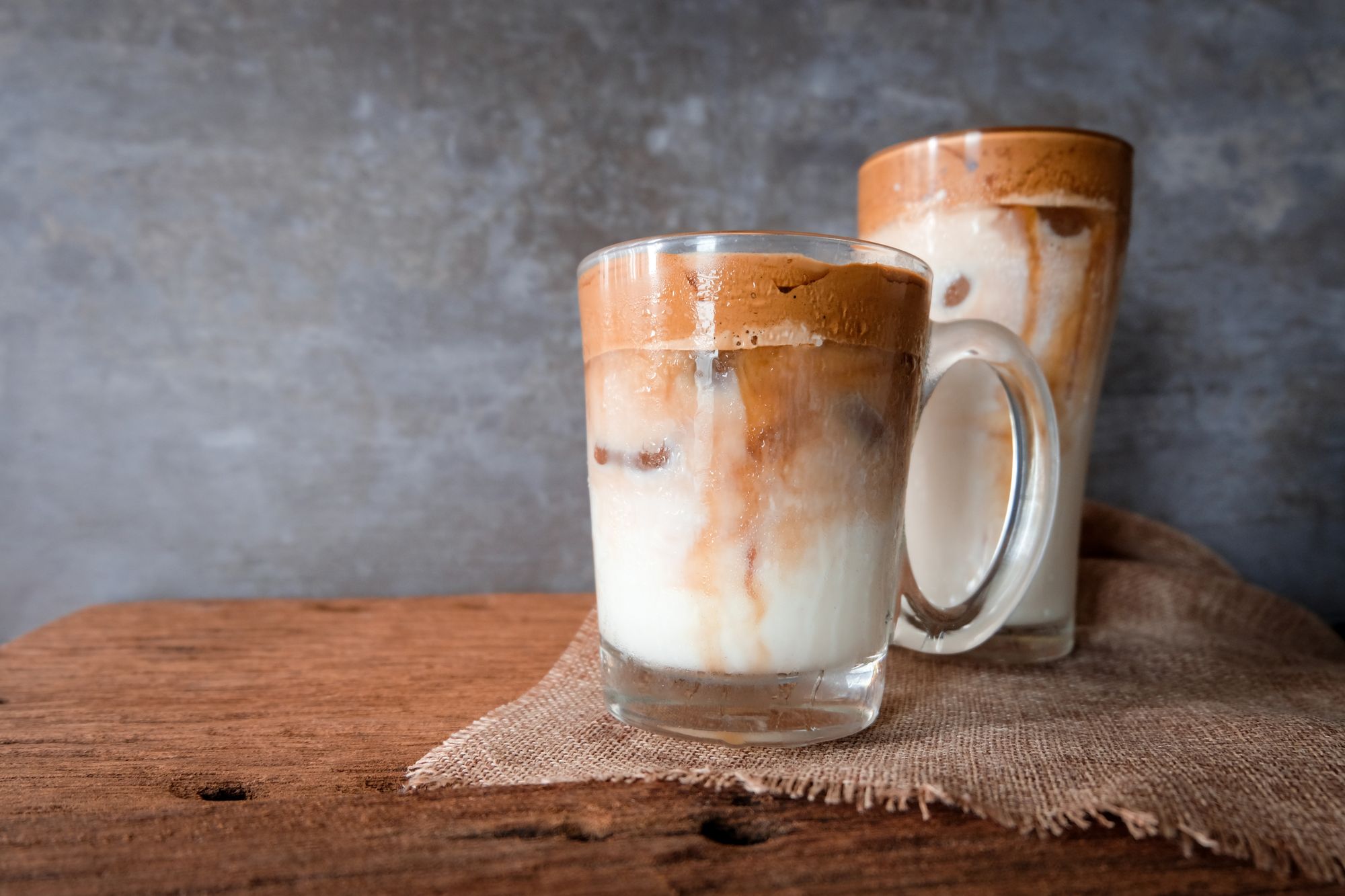
Your daily coffee shop visits might be holding you back at the gym. While caffeine can boost your energy for workouts, sugary coffee concoctions like frappes or caramel lattes are loaded with added sugar. Consuming excessive added sugar can send your blood sugar levels on a rollercoaster ride, leading to an energy crash sooner than you'd like. Swap the sugary latte for a cup of unsweetened coffee with a touch of milk.
4) Sugary Baked Goods
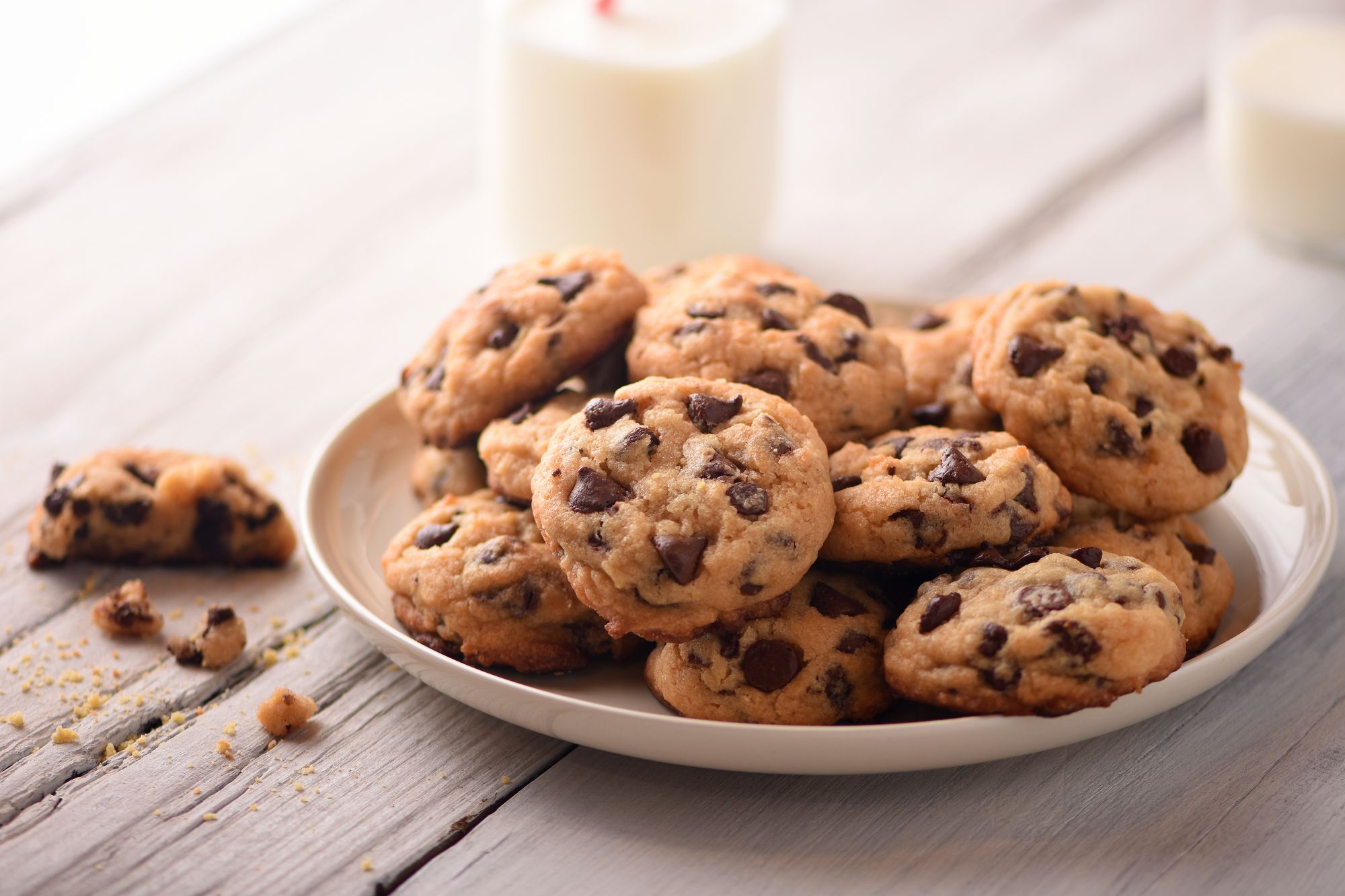
Pies, cakes, cookies – they're all delightful but should be enjoyed in moderation. Excessive consumption of sugary baked goods without a balanced diet can negatively impact muscle growth and maintenance. High sugar intake is associated with insulin resistance and inflammation, which can disrupt protein metabolism and muscle recovery. It's wise to limit your dessert intake to keep added sugars below 25 grams per day, as suggested by a 2023 study in the BMJ.
5) Candy
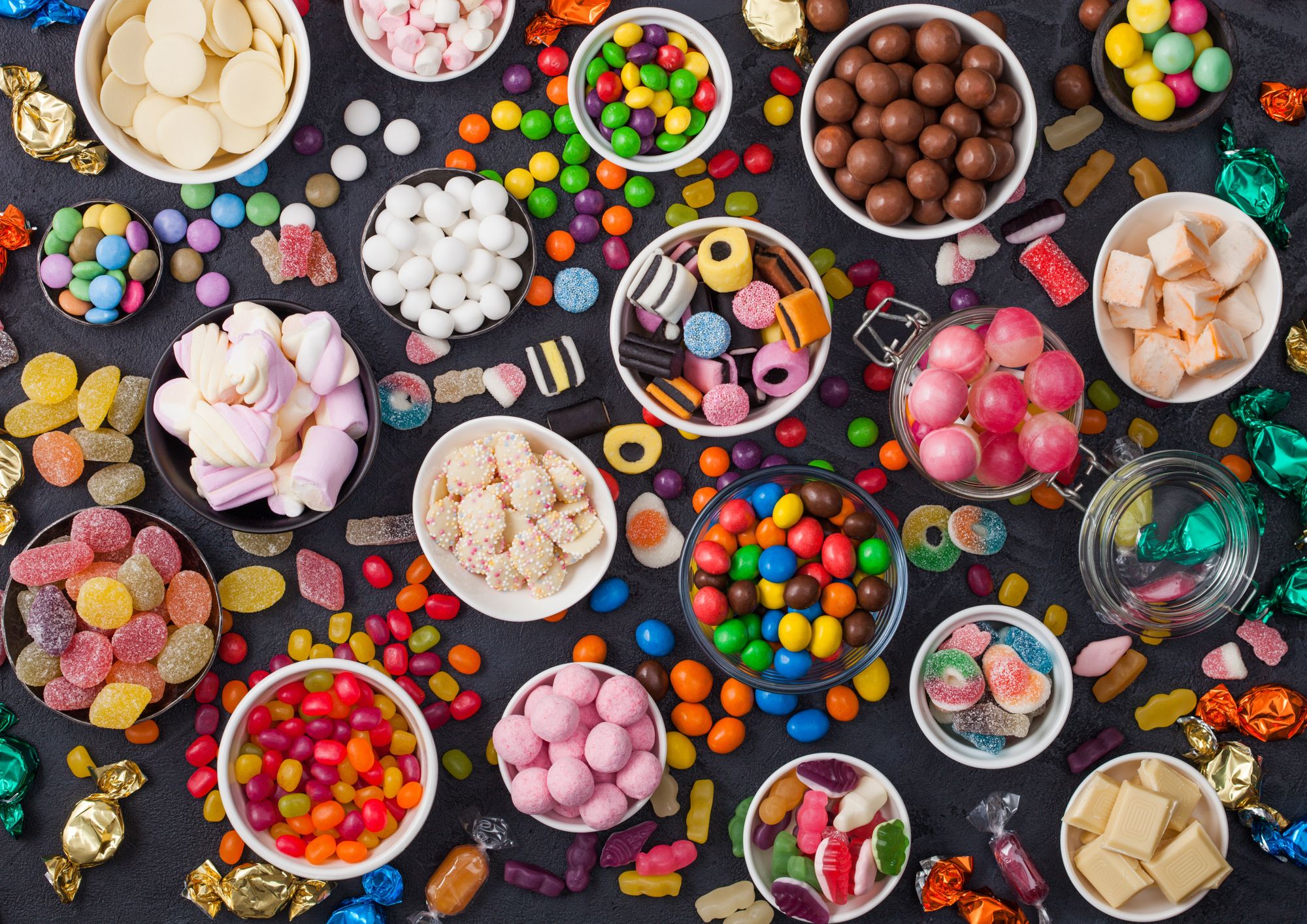
Whether sweet or sour, candy is a major source of added sugars. Overindulging in sweets can lead to weight gain and insulin resistance. Insulin resistance hampers the body's ability to efficiently use carbohydrates, affecting energy levels during workouts and nutrient delivery to muscles. Blood sugar spikes and crashes can also interfere with overall energy and recovery, making it challenging to hit the gym consistently.
6) French Fries
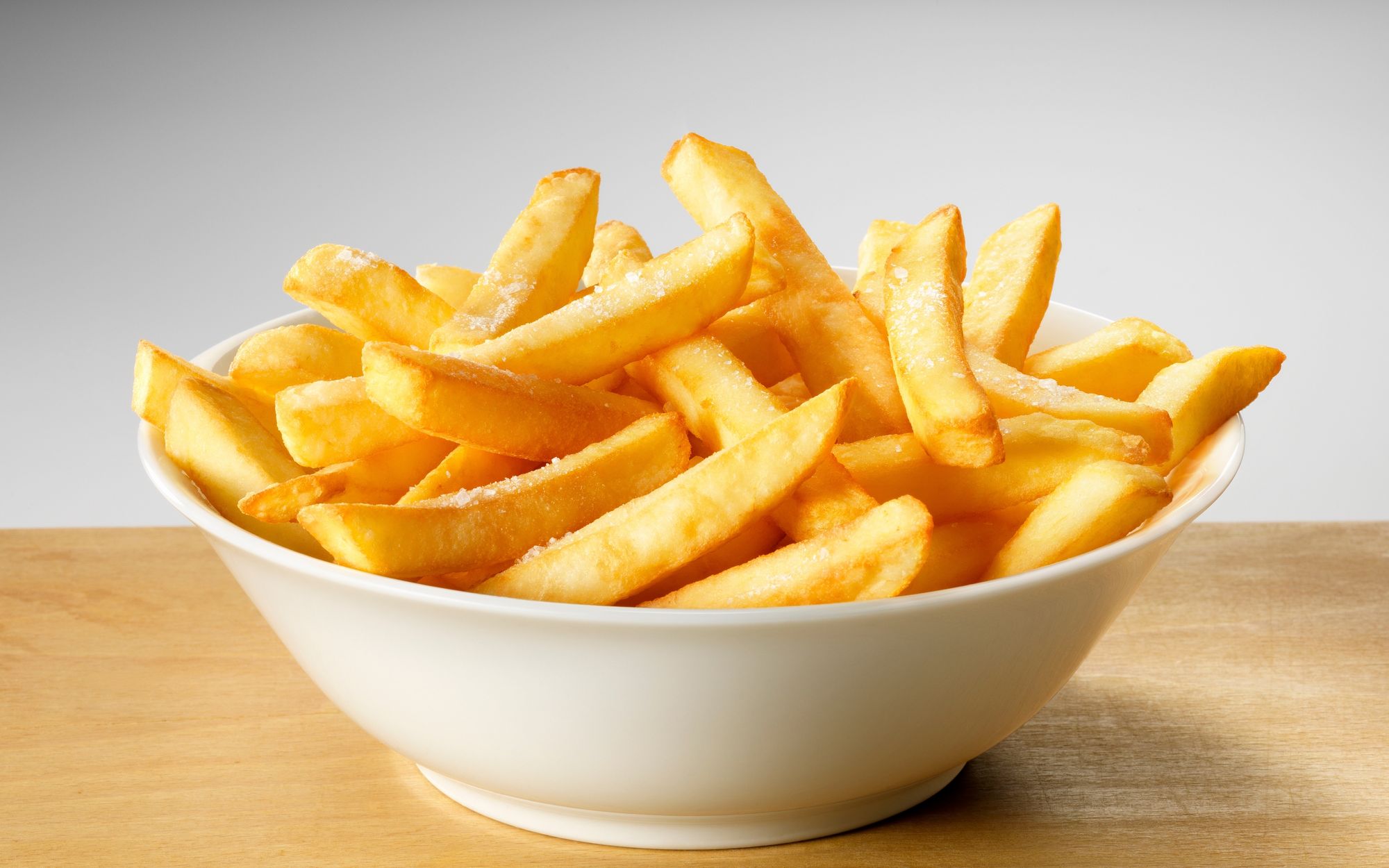
French fries may complement your burger, but they're not doing your muscles any favors. These ultra-processed delights are high in saturated fat, a combination that can lead to weight gain and the wrong kind of inflammation, hindering muscle recovery and growth. Save them for an occasional treat.
7) Fried Chicken
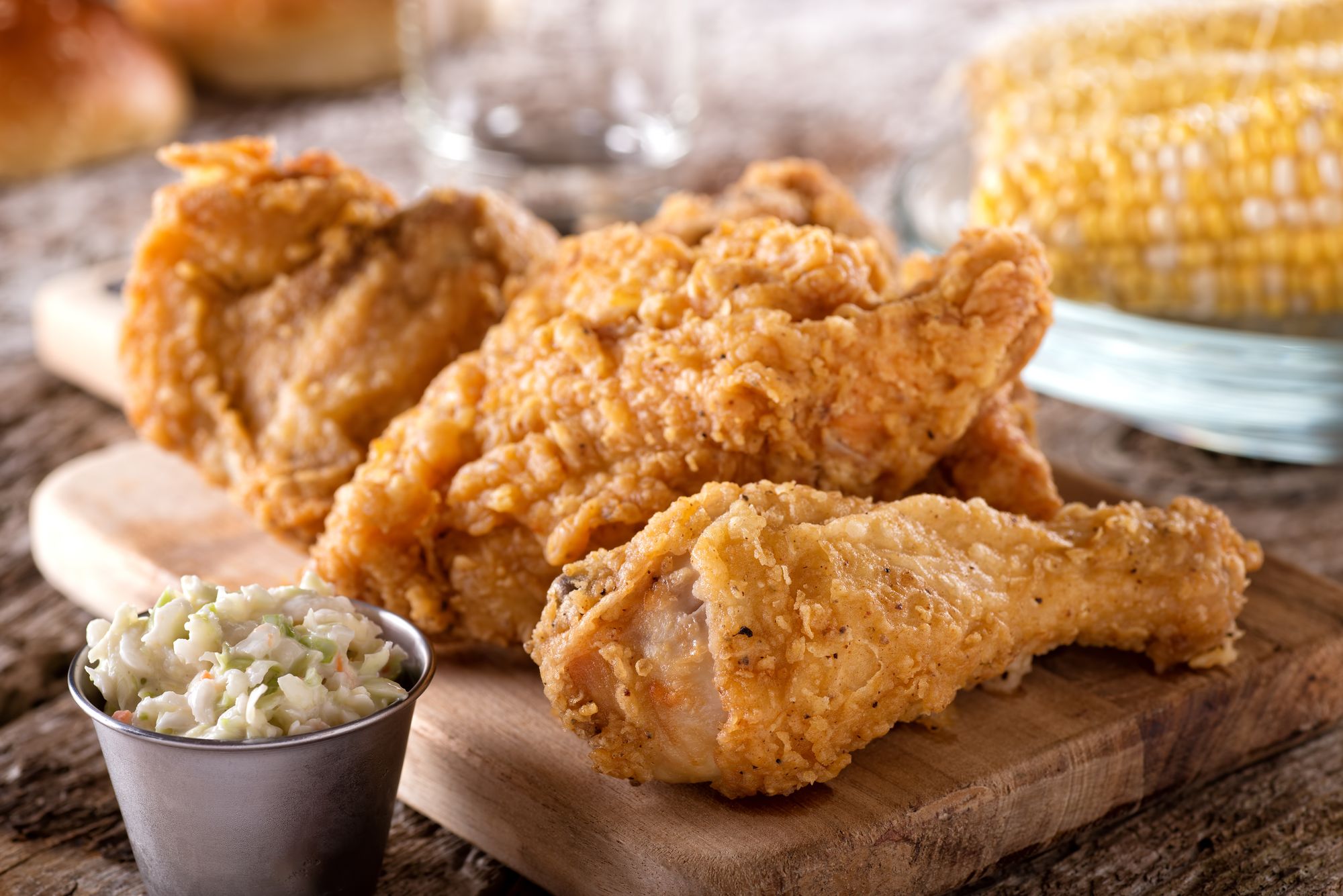
Much like fries, fried chicken is calorie-dense and saturated fat-rich. Overindulging in calories from fried foods can lead to excess fat gain rather than muscle gain. Furthermore, fried chicken typically lacks essential nutrients compared to lean protein sources that provide vital vitamins and minerals supporting muscle growth. If you aim to build lean muscle, opt for baked or grilled chicken breast over fried varieties.
8) Soda
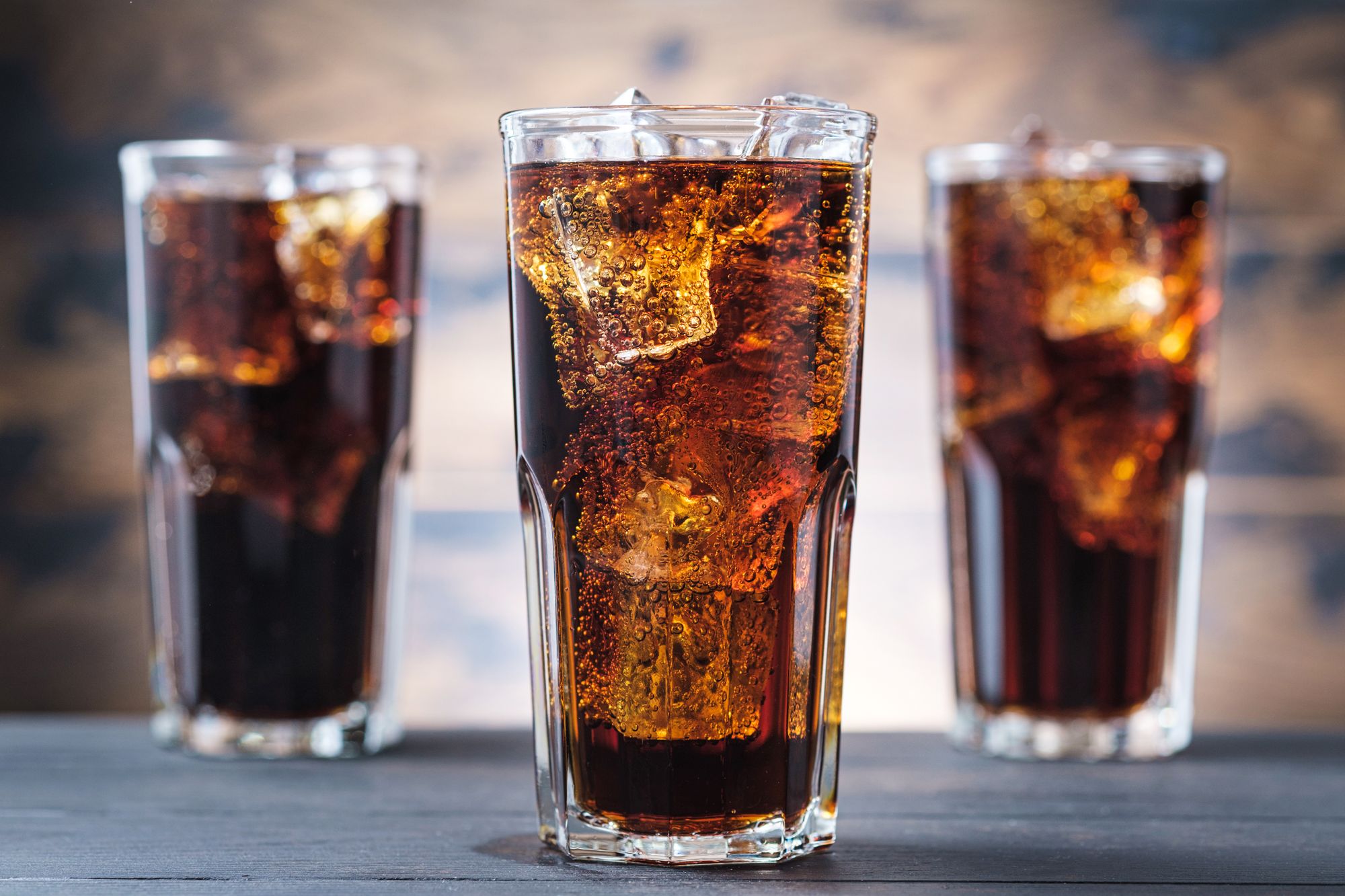
Sugar-sweetened drinks, like soda, are the primary source of added sugars in our diets, according to the CDC. Here's the issue: excessive sugar and added sugar consumption, especially through sugary beverages, can result in weight gain and insulin resistance. Insulin resistance impairs the body's ability to efficiently use carbohydrates, affecting energy levels during workouts and nutrient delivery to muscles. To mitigate these effects, limit your consumption of sugar-sweetened beverages (like soda) to less than one serving per week, as suggested by a 2023 study in the BMJ.
9) Alcohol

Just because you've hit the gym doesn't mean you've earned that drink. Reducing or eliminating alcohol can do wonders for your muscles. Alcohol can disrupt protein synthesis, impair nutrient absorption, and reduce testosterone levels, a hormone crucial for muscle development. A 2014 study in PLOS One even found that alcohol consumption can hinder muscle protein synthesis after exercise, even when consumed with protein. This suggests that alcohol might impair both post-workout recovery and gym performance. Moreover, excessive alcohol consumption can lead to dehydration, which can negatively impact workout performance and recovery."
Consider these dietary adjustments to support your muscle-building journey and overall health.

